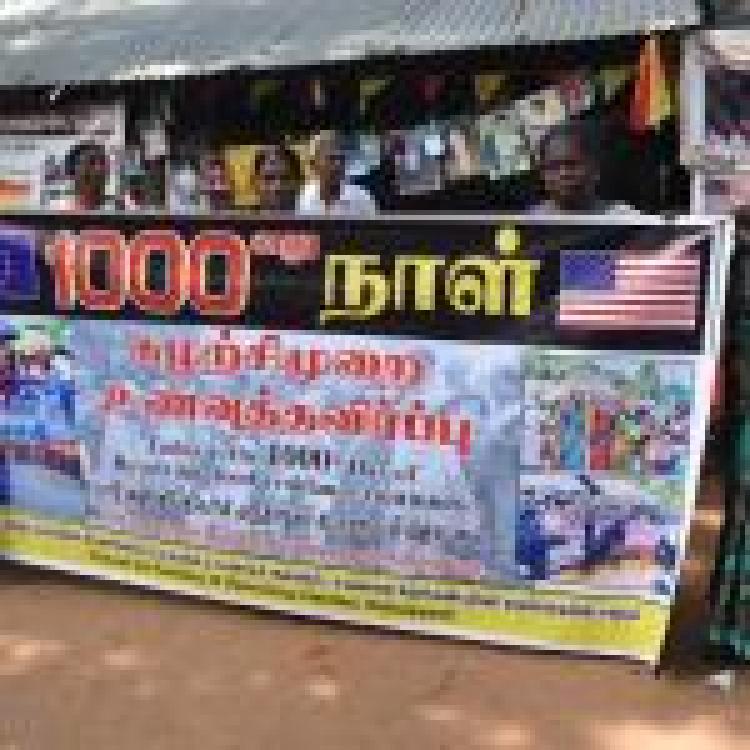Sri Lanka’s Office on Missing Persons (OMP) said “wide consultations with families of the missing and disappeared” needs to take place before any amendments are made to the Office on Missing Persons (Establishment, Administration and Discharge of Functions) Act No. 14 of 2016 (the Act).
The announcement comes after Sri Lankan government has announced it will “review” the Office of Missing Persons (OMP) Act, which was brought in by the previous regime as part of its commitments to a UN Human Rights Council resolution on accountability.
The OMP’s Chairperson Saliya Pieris disclosed that following the reports of a proposed review, they office stated its position by letters on 9th January 2020 to; Sri Lanka’s President Gotabaya Rajapaksa; Prime Minister Mahinda Rajapaksa and the Justice and Human Rights Minister Nimal Siripala de Silva.
Pieris acknowledged that “proposing amendments to the Act is a prerogative of the Government, although any changes will need to be enacted by Parliament.”
“Any amendments to the Act should be proposed pursuant to wide consultations with families of the missing and disappeared, organizations that work with them and the OMP and that in doing so it is necessary to keep in mind the needs of the families and their right to know the fate of their missing or disappeared loved ones,” he concluded.
The office was been widely criticised by various Tamil civil society groups, who stated that adequate consultations with victim communities were not undertaken.
In a memorandum to the OMP last year, Tamil mothers of the disappeared explained the multiple reasons for their lack of confidence in the mechanism. The OMP appointed a military representative as a commissioner, highlighting the lack of impartiality. “How do you expect OMP to bring justice to us, when OMP act section13 (2) mentions that the findings of the OMP could not be used in any civil or criminal cases for seeking justice?” they asked. Since its operation, the OMP has failed to provide tangible results, similar to previous domestic mechanism produced by the Sri Lankan government.
Despite the previous regime’s promise that the OMP would be an effective mechanism in investigating cases of missing and disappeared victims, Tamils have been largely unconvinced and the uncertainty revolving the OMP’s future should further increase their scepticism of the OMP.
See the full text of the OMP press release here.

